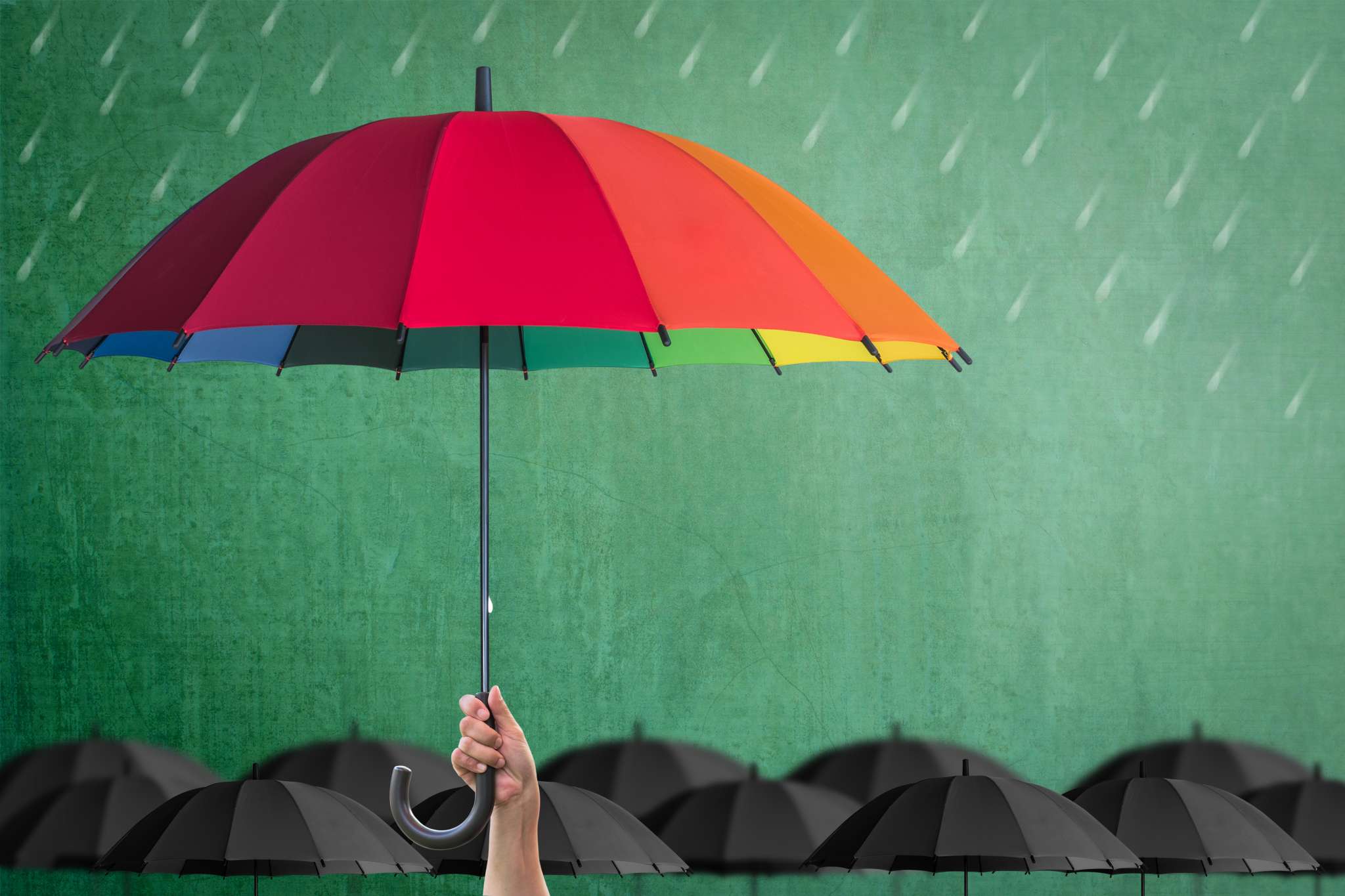Case Study: When Disaster Strikes

Most of my case studies are about my clients, but this one is different.
This is a case about someone I have known for years and a case that has had me deeply troubled for the last few months.
The reason it’s had me so troubled is that it was such an easy scenario to avoid, and now, when disaster has struck, all the excuses leading up to it seem so trivial.
Let me walk you through it.
Background
Meher, an old friend, is about 46 years-old and has lived and worked in the UAE for 15 odd years.
She’s always been a bit of a party animal. Good income, single, no kids, and her only financial responsibility is herself. She lived life carefree, spontaneous and in the moment.
Up until about six months ago. Shockingly, Meher was diagnosed with multiple organ failure.

My first reaction was sheer disbelief: she’d struggled with high blood pressure and a couple of trivial health concerns in the past, but this?
The doctors said she was going to need an organ transplant once a donor had been identified, but in the meantime, she needed multiple rounds of heavy medical treatment every week.
Naturally, Meher turned to her Medical Insurance, but was in for a nasty surprise there, too: she only had the base level Medical Insurance stipulated as a minimum requirement by the UAE government.
This is the Medical Insurance level that covers drivers, domestic help, and office clerks employed in the UAE. At about AED 150,000, her cover wasn’t nearly enough to take care of the costs of her on-going dialysis treatments, let alone the transplant.
The list of hospitals and clinics covered is also minimal, and far from the top-of-the-range medical facilities she would like to have had access to at this time.
It’s sad how many people chalk this down as a routine, unnecessary expense, and tick the lowest-priced box as if it’s a formality.
The Current Scenario
Meher is now in a tough situation. She has insufficient Medical Insurance, no Critical Illness Cover, and no emergency funds large enough to cover all the expenses she was facing.
What does that mean for her?
- She has no choice but to turn to friends and family for financial support to cover the cost of treatment
- She will also need her family (retired parents) to support her financially until she can go back to work. Depending on treatment and recovery, that could be up to a year.

The Solution That Could Have Been
As difficult as it is in situations like this, I find myself reflecting upon the glaring mistake Meher made.
This whole mess was so easy to avoid.
Here are the nagging ‘IF ONLY’s that are weighing on my mind:
- If only Meher had opted for better Medical Insurance, she would have been covered for all medical expenses for dialysis and transplant at the best possible medical facilities within that higher medical insurance bracket
- If only Meher had Critical Illness Cover, she would have had a cash influx from the payout that would have helped massively through this situation.
Her Insurance company would have paid her a lump sum of money upon diagnosis, no questions asked. This money could have gone towards medical bills or living expenses until she had an income again. Or even both, depending on how much cover she had. Critical Illness cover can go up to US$ 2 million.
- If only Meher had a Life Insurance policy…
After this occurrence, Meher is as good as uninsurable.
It’s going to prove challenging (nearly impossible, in fact) for her ever to procure sufficient Life Insurance cover from a reputed insurance provider.
She might not require Life Insurance today, but that could change tomorrow. All in all, a few right choices could have made all the difference.
When disaster strikes, whether it’s an illness, an accident, or something life-altering, the affected person and their loved ones are already dealing with a lot right then.
If there was a way to avoid more pressure and pain in that scenario, isn’t that most definitely the way to go? I’d think so.
